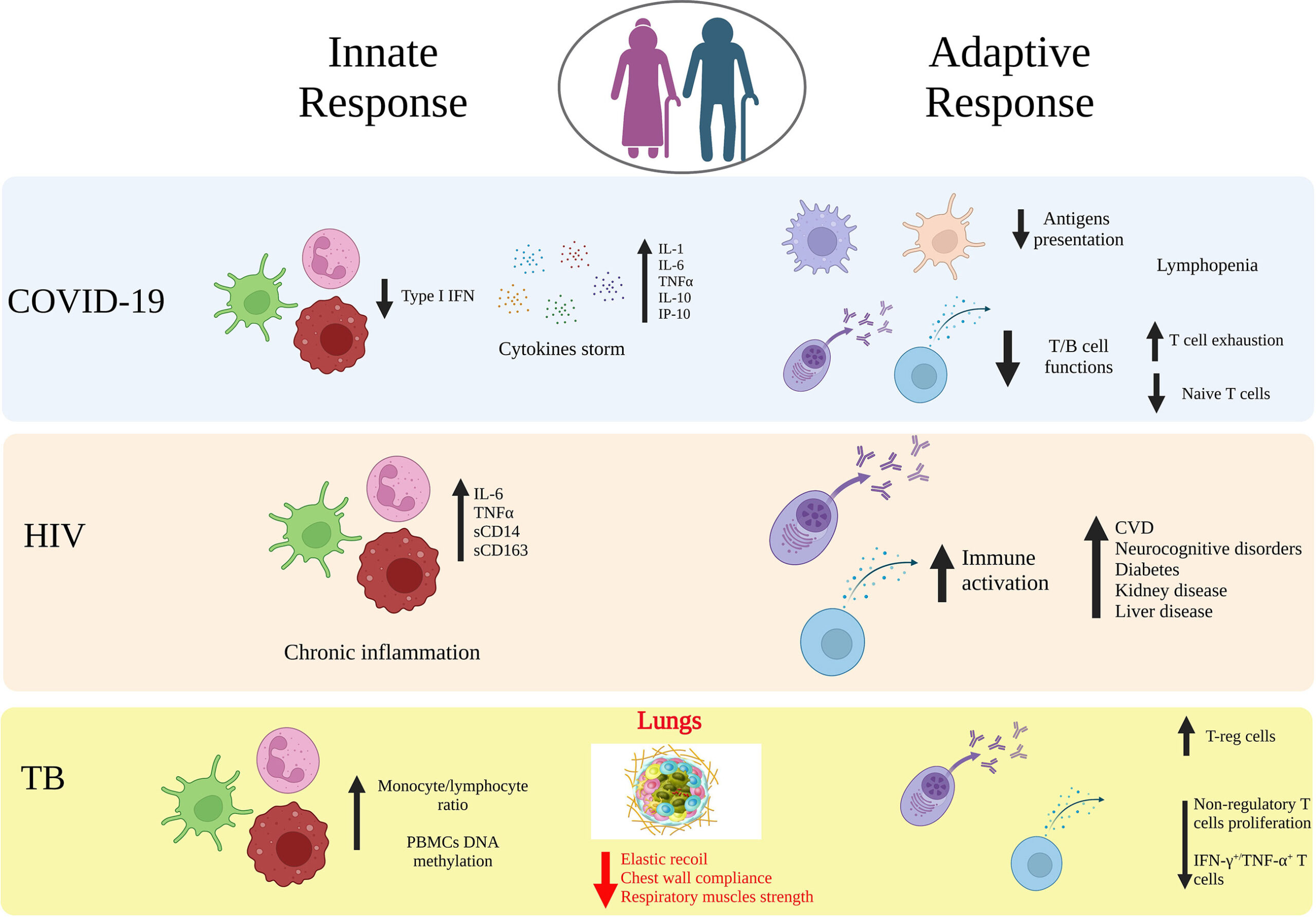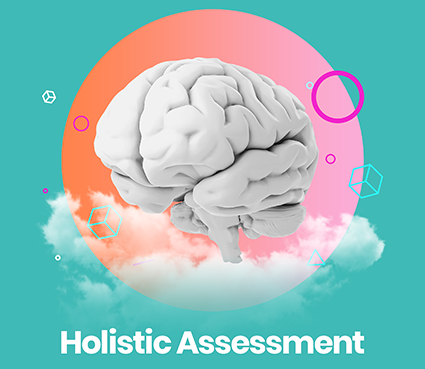Preventative Healthcare & Immune System

Preventative Healthcare & Immune System: Strengthen Immunity for a Healthier Future
Introduction
In a world where chronic diseases and infections continue to pose significant health threats, preventative healthcare has become a cornerstone for achieving long-term wellness. The focus is shifting from simply treating illness to actively preventing it. At the heart of preventative healthcare lies the immune system, the body’s natural defense mechanism that protects against harmful pathogens. Strengthening the immune system through proactive health measures not only reduces the risk of illness but also enhances overall vitality. This article explores the power of preventative healthcare and how it can optimize immune function for a healthier, more vibrant life.
The Importance of Preventative Healthcare
Preventative healthcare is a proactive approach that emphasizes disease prevention, early detection, and maintaining optimal health. Unlike traditional healthcare, which often focuses on treatment after symptoms arise, preventative care aims to reduce the risk of disease before it begins.
Key aspects of preventative healthcare include:
- Health Screenings: Regular check-ups and screenings help identify health risks early, allowing for timely intervention.
- Lifestyle Modifications: Adopting healthy habits such as balanced nutrition, exercise, and stress management.
- Immunizations: Vaccinations protect the body against infectious diseases and strengthen the immune response.
The power of preventative healthcare lies in its ability to reduce the incidence of chronic diseases such as diabetes, heart disease, and respiratory infections, ultimately improving quality of life and longevity.
The Immune System: The Body’s Natural Defense Mechanism
The immune system is a complex network of cells, tissues, and organs that work together to protect the body from harmful invaders like bacteria, viruses, and toxins. It consists of two main components:
- Innate Immunity: The body’s first line of defense, consisting of physical barriers (like the skin) and immune cells that respond immediately to pathogens.
- Adaptive Immunity: A more targeted defense mechanism that creates specific responses to pathogens, including the production of antibodies.
A strong immune system can effectively ward off infections, repair damaged tissue, and protect against harmful diseases. However, when the immune system is weakened, the body becomes more susceptible to illness. That’s where preventative healthcare plays a vital role in enhancing immune function.
Strategies to Strengthen the Immune System
1. Proper Nutrition for Immune Support
What we eat plays a significant role in strengthening the immune system. Nutrient-dense foods provide essential vitamins, minerals, and antioxidants that support immune function. Key nutrients that enhance immunity include:
- Vitamin C: Found in citrus fruits, berries, and leafy greens, vitamin C is a powerful antioxidant that helps protect cells from damage and supports the production of white blood cells.
- Vitamin D: Vitamin D is crucial for immune function and can be obtained from sunlight, fortified foods, and supplements.
- Zinc: Found in nuts, seeds, and legumes, zinc is essential for the development of immune cells and supports the body’s ability to fight infections.
- Probiotics: Beneficial bacteria found in fermented foods like yogurt and kefir that help maintain gut health, which is directly linked to immune function.
A well-balanced diet that includes a variety of fruits, vegetables, lean proteins, and healthy fats provides the necessary nutrients for a resilient immune system.
2. Regular Physical Activity
Exercise is one of the most powerful tools for boosting immune function. Regular physical activity improves circulation, increases the production of immune cells, and enhances overall well-being. Exercise also helps regulate inflammation, which plays a critical role in the immune response.
While intense exercise may temporarily suppress immune function, moderate and consistent physical activity has been shown to enhance immune responses and improve the body’s ability to fight infections. Aim for at least 30 minutes of moderate exercise most days of the week to support immune health.
3. Adequate Sleep and Rest
Sleep is essential for immune function, as it allows the body to repair and regenerate cells. During deep sleep, the body produces immune-boosting cytokines and other proteins that help fight infections. Chronic sleep deprivation weakens the immune system, making the body more susceptible to illness.
To maintain a strong immune system, aim for 7-9 hours of quality sleep each night. Establishing a consistent sleep routine, reducing screen time before bed, and creating a calming sleep environment can improve sleep quality and support immune health.
4. Stress Management and Mental Wellness
Chronic stress has a detrimental effect on the immune system, weakening the body’s ability to fight off illness. Prolonged stress triggers the release of cortisol, a hormone that suppresses immune responses and increases inflammation.
Incorporating stress-reducing practices such as meditation, deep breathing, yoga, or spending time in nature can help manage stress and promote a stronger immune system. Additionally, fostering positive mental health through social connections, hobbies, and relaxation can enhance emotional well-being and immune function.
5. Stay Hydrated
Proper hydration is vital for maintaining the health of all bodily systems, including the immune system. Water helps flush toxins from the body, supports nutrient absorption, and ensures the proper functioning of immune cells.
Aim to drink at least 8 cups of water per day, and increase fluid intake during hot weather or when ill to support hydration and overall health.
6. Preventative Health Screenings and Vaccinations
Regular health screenings and vaccinations are essential components of preventative healthcare. Early detection of potential health issues can lead to more effective treatment and a better prognosis. For example, regular screenings for high blood pressure, cholesterol levels, and blood sugar can identify early signs of chronic diseases, allowing for timely intervention.
Vaccinations are another powerful tool for preventing infections and strengthening the immune system. Immunizations protect against a range of diseases, including influenza, pneumonia, and hepatitis, and ensure that the body is better prepared to fight infections.
Conclusion
Preventative healthcare and a strong immune system are essential for achieving and maintaining optimal health. By adopting healthy lifestyle habits such as proper nutrition, regular exercise, adequate sleep, stress management, and staying up-to-date with health screenings and vaccinations, individuals can empower their immune system to effectively protect against disease. Embracing preventative healthcare is a proactive investment in long-term wellness, ensuring a healthier, more vibrant future.
One thought on “Preventative Healthcare & Immune System”
-
Pingback: Herbal Medicine - Scholarshiptea




Leave a Comment